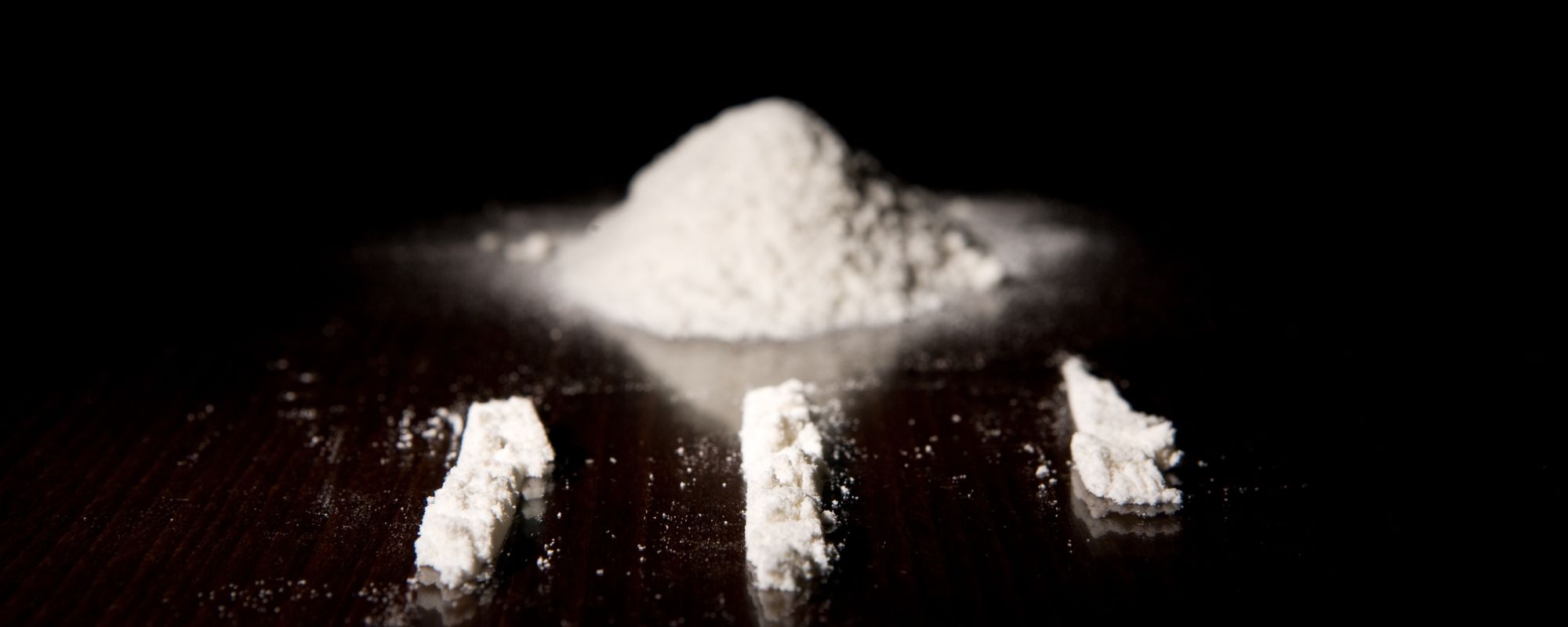Recovery from addiction is a powerful journey, but it doesn’t end after detox or treatment. One of the most important steps in maintaining long-term sobriety is setting clear relapse prevention goals. Relapse, which occurs when someone returns to substance use after achieving sobriety, is a common risk for anyone who has previously struggled with addiction. Because detoxification is a physically and emotionally challenging process, falling back into addiction can feel devastating. Unfortunately, cravings, triggers, and old habits can resurface, sometimes even years after recovery. That’s why it’s critical to prepare in advance.
Relapse often happens when someone is faced with a trigger—a stressor, emotion, or situation that reminds them of past substance use. If you haven’t developed healthier ways to cope, your brain may default to its old pattern: using. That’s why mental preparation is just as necessary as physical recovery. Developing coping strategies, managing triggers, and continuing mental health support are essential parts of an effective relapse prevention plan.
Rather than hoping for the best, it’s far wiser to create a detailed, personalized plan that outlines your goals, boundaries, and recovery tools. Planning not only reduces the risk of relapse but also empowers you to take control of your recovery with confidence. Relapse prevention is about staying one step ahead, and it plays a vital role in building a sustainable, sober life.
What Happens After Addiction Treatment?
Once you’ve completed the detox process and removed harmful substances from your body, your journey toward recovery has only just begun. Detoxification often brings intense withdrawal symptoms as your body readjusts to functioning without drugs or alcohol. Quitting cold turkey on your own can be dangerous, which is why Chapter 5 Recovery offers medical detoxification in a safe, supportive environment. With 24/7 medical supervision, we provide comfort medications, nutritional support, and clinical care to ease the transition into sobriety.
Achieving sobriety is a significant milestone—one you should be proud of. After detox, many people report feeling healthier, more energized, and mentally clearer. However, it’s normal to worry about what comes next. Many individuals fear relapse, and without the proper support, that fear can overshadow their progress. But here’s the truth: relapse is not inevitable. With the right tools, guidance, and mindset, long-term sobriety is achievable.
That’s why Chapter 5 Recovery offers a robust aftercare program designed to support you long after formal treatment ends. Our transitional Sober Living Housing provides a structured, drug-free environment surrounded by peers who are also committed to recovery. During this stage, you’ll continue working with a dedicated case manager to set concrete, actionable goals that reinforce your sobriety and guide your next steps.
Recovery is a lifelong journey—but with proper planning and support, you’ll never have to walk it alone.
Why Is It Important to Maintain Sobriety After Rehab?
Relapse is a massive threat to people who have formerly struggled with substance abuse. Anyone with a history of addiction is especially susceptible to relapse because they have developed tolerance and dependence in the past. Thus, they will struggle with cravings for substances, unlike people who have never tried drugs. Further, those who have become sober after addiction are at a high risk of overdosing if they relapse. This is because they may return to the dose size and method they were using before they got clean. However, since they’ve weaned substances from their body, they’ve also lost their tolerance level. But if they return to their former dose without realizing it, they can overload their system and end up overdosing.
Some of the dangerous symptoms of overdose are below:
- Nausea
- Black outs
- Limp body
- Choking
- Slowed breathing
- Stopped breathing
- Heart attach
- Coma
- Death
Not only do people place themselves in danger from external harm when they overdose, but they’re also at risk of serious health issues. We want to help people heal from the cycle of addiction and avoid relapse forever afterwards. This is why relapse prevention planning is so imperative.
Reach Out for Help With Addiction
Are you struggling with addiction?
Royal Life Centers at Chapter 5 is here to help you recover. Because we care.
How to Prevent Relapse: Make a Plan
The best way to stop yourself from falling back into the cycle of abusing substances is to adequately prepare. To maintain your sobriety, you’ll have to actively avoid drugs and alcohol. You must understand that substances are powerful enough to have a continued impact on you even after clearing your system.
Thus, making a relapse prevention plan is key to success in your sobriety. Without a doubt, the goal of relapse prevention plans is lasting sobriety without the strife and danger of relapse. Let’s explore what recovery plans look like and how to make one.
Relapse Prevention Plan Activities
Relapse prevention activities are prevention skills and exercises a person uses as an alternative to using drugs or alcohol. One part of making a sobriety plan is listing relapse prevention coping skills you’ve either tried or will use in the case of crisis.
Why write down a prevention plan when you’ve already completed treatment? Although you’re likely already practicing coping skills every day, when triggers come, your training can escape you. Cravings and other relapse symptoms are strong and can block out all other senses of reason and logic. For instance, you might feel so deeply caught in the desire for substances that it feels like you have no other resources. But a relapse prevention plan reminds you you’re capable and prepared to handle the moment, sticking to your sobriety goals.
What are some examples of relapse prevention coping skills? Here are a few that can benefit you:
- Breathing exercises
- Meditating
- Nature walks
- Journaling
- Calling your emergency contact list (including mental health and substance abuse resources)
- Meeting with a friend
- Working out
- Yoga
- Listening to a podcast
- Creative projects (art, collaging, music, photography, writing)
- Making a nutritious meal
- Reading a note, poem, or memo you’ve set aside for yourself for crises
- Crying out the feelings
- Attending a support group meeting (like Alcoholics Anonymous or Narcotics Anonymous)
Relapse Prevention Plan Example
As noted, a relapse prevention plan is something you create in advance for yourself to utilize whenever triggers arise. Through preparation, you can resist the urge to return to substances. When you create a relapse plan through Chapter 5 Recovery, your case manager will help with the process. For example, they will ask questions to help you make it personal, since it’s for you, not anyone else. They can also provide a relapse prevention plan template.
Your relapse prevention plan should include:
- Your personal goals and motivations to stay sober
- Why your goals matter to you
- Your triggers that make you want to return to substances
- List of places/people/situations to avoid because they make you feel tempted
- Coping skills that make you feel strong, resilient, and healthy, like:
- Self-care activities
- Movement-based activities
- Creative outlets
- Social activities
- Emergency contacts
- Resources for substance abuse and mental health
The Value of a Relapse Prevention Recovery Programs
Relapse prevention is a vital component of addiction recovery, especially for individuals navigating substance use disorders or alcohol use disorders. At every stage of treatment—from residential care to an intensive outpatient program—clients benefit from learning structured, research-based relapse prevention strategies. Rooted in clinical psychology and addiction medicine, these approaches combine cognitive and behavioral techniques with emotional support to help patients recognize and manage high-risk situations, negative emotions, and triggers related to substance use. Programs like mindfulness-based relapse prevention and mindfulness-based cognitive therapy teach mindfulness-based techniques to promote emotional regulation, reduce stress, and prevent impulsive decisions that can increase the risk of relapse.
These tools not only support behavior change but also strengthen the ability to handle challenging situations in daily life, including struggles with anxiety, depression, and other mental health conditions. A quality treatment center will provide personalized relapse prevention plans tailored to each individual’s unique needs, ensuring continuity across levels of care and setting the foundation for ongoing recovery. Through structured outpatient addiction programs and specialized intervention programs, patients learn how to stay engaged, build resilience, and maintain long-term success in recovery.
Relapse Prevention at Chapter 5
A relapse prevention plan is something you can complete on your own or with a professional, such as a counselor or case manager. We prioritize healthy coping skill development in our substance abuse rehab programs at Chapter 5. Notably, relapse prevention planning is one of the services we offer during our treatment and aftercare levels. We also offer medical detoxification, residential inpatient, traditional outpatient, and flexible-pace outpatient levels. Prevention plans are important but the work takes place over weeks of relapse prevention training in treatment and aftercare.
It’s common to worry about your loved ones, both before, during, and after treatment. If you’re here concerned about someone’s substance addiction, view our family resource offerings.
If you’re here for yourself, we would love to help you make lifelong sobriety a reality. Please consider inviting us into the process of creating relapse prevention goals that support a healthy future!
- Where Can I Heal from Drug Addiction in Arizona? - November 19, 2025
- Maintaining Sobriety: How to Set Relapse Prevention Goals - August 5, 2025
- Roadmap to Long-Term Sobriety: Making a Relapse Prevention Plan - July 24, 2024






